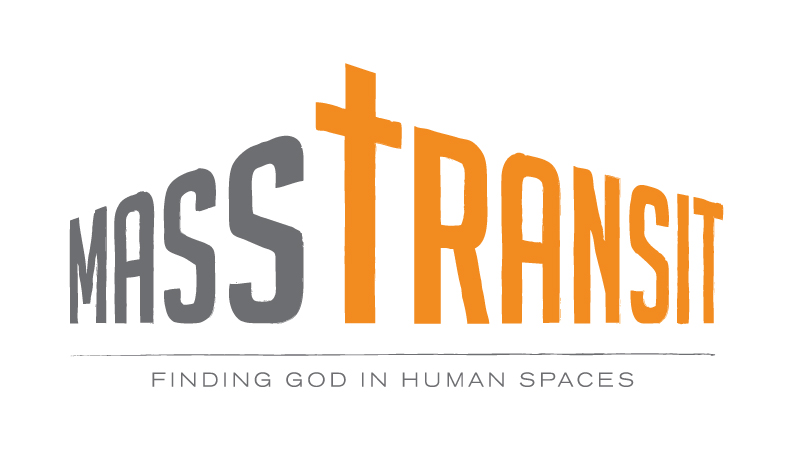Peace Be with You?
“While they were still speaking about this, [Jesus] stood in their midst and said to them, ‘Peace be with you.’ But they were startled and terrified and thought that they were seeing a ghost. Then he said to them, ‘Why are you troubled? And why do questions arise in your hearts? Look at my hands and my feet, that it is I myself. Touch me and see, because a ghost does not have flesh and bones as you can see I have.’ And as he said this, he showed them his hands and his feet.”
As missiles flew into Syria Friday night, I questioned my commitment to nonviolence and pacifism. Surely, when a dictator gasses his own people, action must be taken. Real action. Strong action.
I want to blow shit up. "Peace be with you" is something I would paint on the side of a Tomahawk cruise missile.
In these times, the call for peaceful negotiations might seem noble, valiant even. But in the real world, the call to be a peacemaker is just too dangerous; it puts lives at risk.
We seem to be afraid of peace. We're afraid to recognize the dignity of the "enemy"--no matter how brutal or inhumane he may be. We're afraid to acknowledge the truth of that person, a truth that challenges our perception and opinion of who that person might be. And we would much rather destroy that person than change our mind about him.
And this is what makes peace so difficult: to be a peacemaker, we have to acknowledge our own vulnerability, a vulnerability that stems from the limits to our vision, knowledge, and imagination. We're afraid to make ourselves vulnerable because we are afraid of the pain caused by the wounds we suffer when we stretch our vision and imagination. Yet, when Jesus approached the disciples and said "Peace be with you," he wasn't afraid to show his wounds. We must not be afraid to recognize and reveal ours.
When we let fear displace our desire to encounter, acknowledge, and understand another person--just as the disciples refused to acknowledge Jesus' presence, thinking that he was a ghost--we destroy that person. Maybe not with bombs and missiles that are "nice and new and 'smart!'", but with attitudes that can be just as deadly.
The Incredulity of St. Thomas by Caravaggio (1603)

